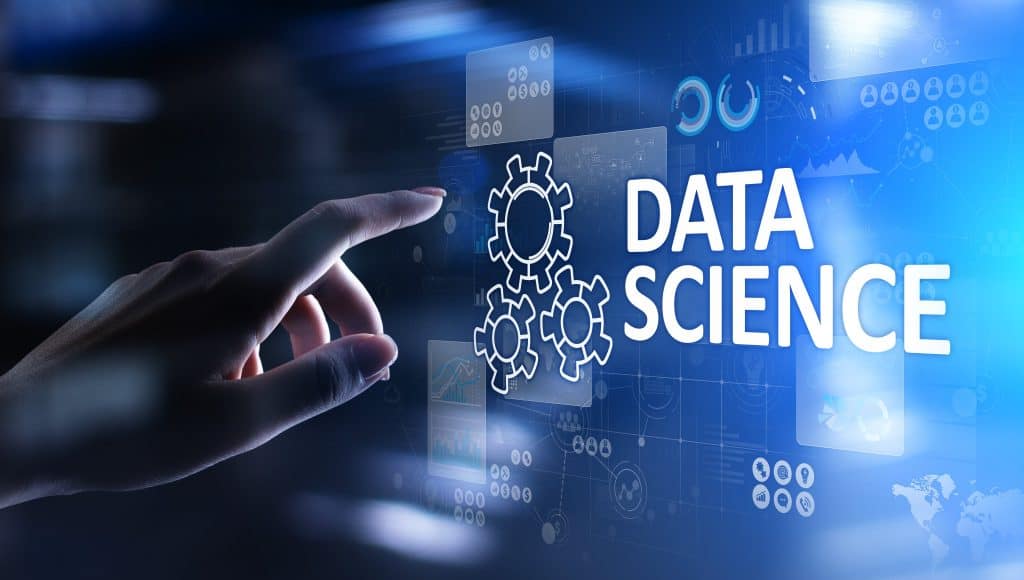Introduction
In recent years, the integration of data science into the health technology (health tech) sector has revolutionized the way healthcare is delivered and managed. This article explores the myriad advantages of using data science in health tech, highlighting its impact on predictive analytics, personalized medicine, operational efficiency, and overall patient outcomes.
Predictive Analytics and Early Diagnosis
One of the most significant contributions of data science to health tech is in the realm of predictive analytics. By analyzing large datasets from various sources such as electronic health records (EHRs), wearable devices, and genetic information, data scientists can develop models that predict disease outbreaks, patient deterioration, and potential complications. For instance, machine learning algorithms can identify patterns that precede the onset of chronic illnesses, enabling early diagnosis and timely intervention.
Key Benefits
- Early Detection: Identifies diseases at an early stage, improving the chances of successful treatment.
- Resource Allocation: Helps in planning and allocating resources efficiently during potential outbreaks.
- Risk Stratification: Predicts patient risk levels and guides preventive measures to reduce complications.
- Proactive Care: Enables healthcare providers to intervene early and prevent adverse health outcomes.
- Population Health Management: Supports public health initiatives by predicting disease trends and risk factors.
- Research and Development: Facilitates the discovery of new treatments and interventions through data-driven insights.
- Real-time Monitoring: Monitors patient vitals in real time and alerts clinicians to any significant changes.
- Chronic Disease Management: Predicts flare-ups and suggests preventive measures for better management of chronic conditions.
- Patient-Centric Care: Delivers personalized and proactive care to enhance patient experience.
Personalized Medicine
Data science enables the customization of healthcare treatments to individual patients, a practice known as personalized medicine. By leveraging genetic data, lifestyle information, and other personal health metrics, healthcare providers can tailor treatments that are more effective and have fewer side effects compared to one-size-fits-all approaches. For example, data-driven insights can guide the selection of the most effective chemotherapy drugs for cancer patients based on their genetic profile.
Key Benefits
- Targeted Treatments: Ensures that patients receive the most effective treatments based on their unique genetic makeup.
- Reduced Side Effects: Minimizes adverse reactions by personalizing drug prescriptions and dosages.
- Improved Outcomes: Enhances treatment efficacy and patient recovery rates through personalized care plans.
- Preventive Care: Identifies individuals at high risk of developing certain conditions and provides preventive measures.
- Precision Diagnostics: Enables accurate diagnosis and prognosis through advanced data analysis techniques.
- Enhanced Patient Engagement: Empowers patients to take an active role in their healthcare decisions through personalized health insights.
Operational Efficiency
Data science plays a crucial role in enhancing the operational efficiency of healthcare institutions. Predictive models can forecast patient admissions, optimize staffing levels, and manage the supply chain of medical resources. This leads to reduced wait times, better resource management, and overall improved patient care. Additionally, data analytics can streamline administrative processes, reducing the burden on healthcare professionals and allowing them to focus more on patient care.
Key Benefits
- Staff Optimization: Ensures optimal staffing levels, reducing burnout and improving patient care.
- Supply Chain Management: Prevents shortages and overstocking of medical supplies through efficient inventory management.
- Administrative Streamlining: Automates administrative tasks, freeing up time for healthcare providers to focus on patient care.
- Reduced Wait Times: Improves patient satisfaction by minimizing wait times for appointments and procedures.
Improved Patient Outcomes
The ultimate goal of integrating data science into health tech is to improve patient outcomes. By providing healthcare providers with actionable insights, data science facilitates more informed decision-making. Real-time data analysis can monitor patient vitals and alert clinicians to any significant changes, ensuring timely interventions. Furthermore, predictive analytics can help in managing chronic diseases more effectively by predicting flare-ups and suggesting preventive measures.
Key Benefits
- Timely Interventions: Enables real-time monitoring and quick response to patient health changes.
- Chronic Disease Management: Improves management of chronic conditions through predictive insights.
- Patient-Centric Care: Enhances patient experience by delivering personalized and proactive care.
- Reduced Healthcare Costs: By preventing complications and hospital readmissions, data-driven interventions can reduce healthcare costs.
Conclusion
The integration of data science in health tech brings a host of advantages that significantly enhance the quality of healthcare. From predictive analytics that enable early diagnosis to personalized medicine that offers targeted treatments, data science is reshaping the healthcare landscape. By improving operational efficiency and patient outcomes, it ensures a more effective, efficient, and patient-centric healthcare system.
Recommendations for Future Research
To further leverage the potential of data science in health tech, future research should focus on:
- Developing more robust and transparent predictive models.
- Ensuring data privacy and security in health data analytics.
- Expanding the use of wearable technology to gather real-time health data.
- Exploring the integration of AI and machine learning in patient care and administrative processes.
- Conducting longitudinal studies to assess the long-term impact of data-driven healthcare interventions.
The continuous advancement in data science technologies holds the promise of even greater innovations in the health tech sector, paving the way for a healthier future.



